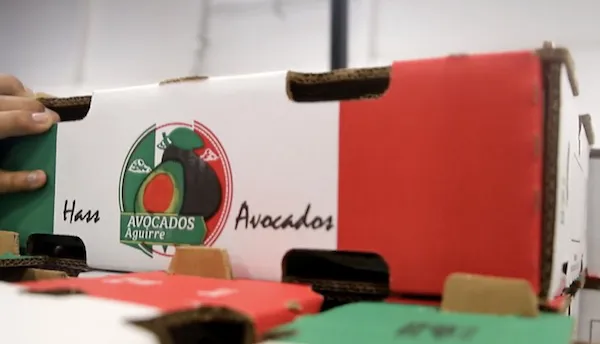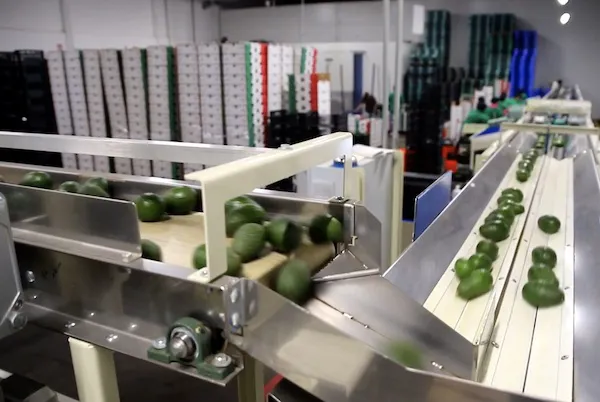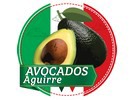Mexico is the largest avocado producer in the world and within Mexico, Michoacán and Jalisco are two of the biggest producing states. Michoacán’s fruit is mainly destined for the US market, but the avocados produced in Jalisco are exported throughout the world.

Jalisco avocados
Avocados Aguirre is an avocado packing company in Jalisco, and company CEO Juan Escorcia says: “We supply to Canada and Japan year-round and Europe is supplied in a specific window. The avocados that are produced in Jalisco are different than those produced in Michoacán because they have very different destinations. The avocados from Jalisco have to undergo much longer transit times and the fruit produced in Jalisco travels very well. The European market also requires a lot of different certifications, which the Michoacán growers usually don’t have because they don’t need it for exporting to the US.”

Looking for a shorter transit route
While the Jalisco fruit travels very well, the avocado industry has been searching for ways to shorten the transit times to Europe. “APEAJAL, the Association of Exporters and Producers of Avocados in Jalisco, has been working on options for a direct service shipping line to Europe. As of right now, the shipments take anywhere between 21 and 25 days to arrive in the port of Rotterdam – and then a lot of that shipment still needs to travel on to the final destination in Europe. The shipping route has multiple stops on the way which increases the total transit time quite a bit,” Escorcia shares.
He adds: “There are a lot of importers in Europe who specifically want the Mexican avocados, but the transit makes it difficult. To ensure the quality of the fruit and the shelf-life on arrival is a challenge, but commercially it is also challenging. If you sell your product at a fixed price per kilo, when it arrives on the European market 3 to 4 weeks later, the importer can’t be sure that he’ll be able to sell it for that price on the local markets.”

Airfreight options bring up market prices
The Jalisco avocados are sometimes shipped by air, but this is something that both exporters and importers try to avoid. “They really only bring in the avocados by air if there is a shortage. Since airfreight is much more expensive, this brings up the price of the avocados in the market. Sometimes importers only break even, or even lose money to be able to supply the purchase orders for their retailers. So, finding a shipping company that could provide a direct route for the avocados would be a win-win for the Mexican producers, and the European importers,” Escorcia concludes.
For more information:
Juan Escorcia
Avocados Aguirre
Tel: +1 619 365 7694
Email: jescorcia@avocadosaguirre.com
www.avocadosaguirre.com
